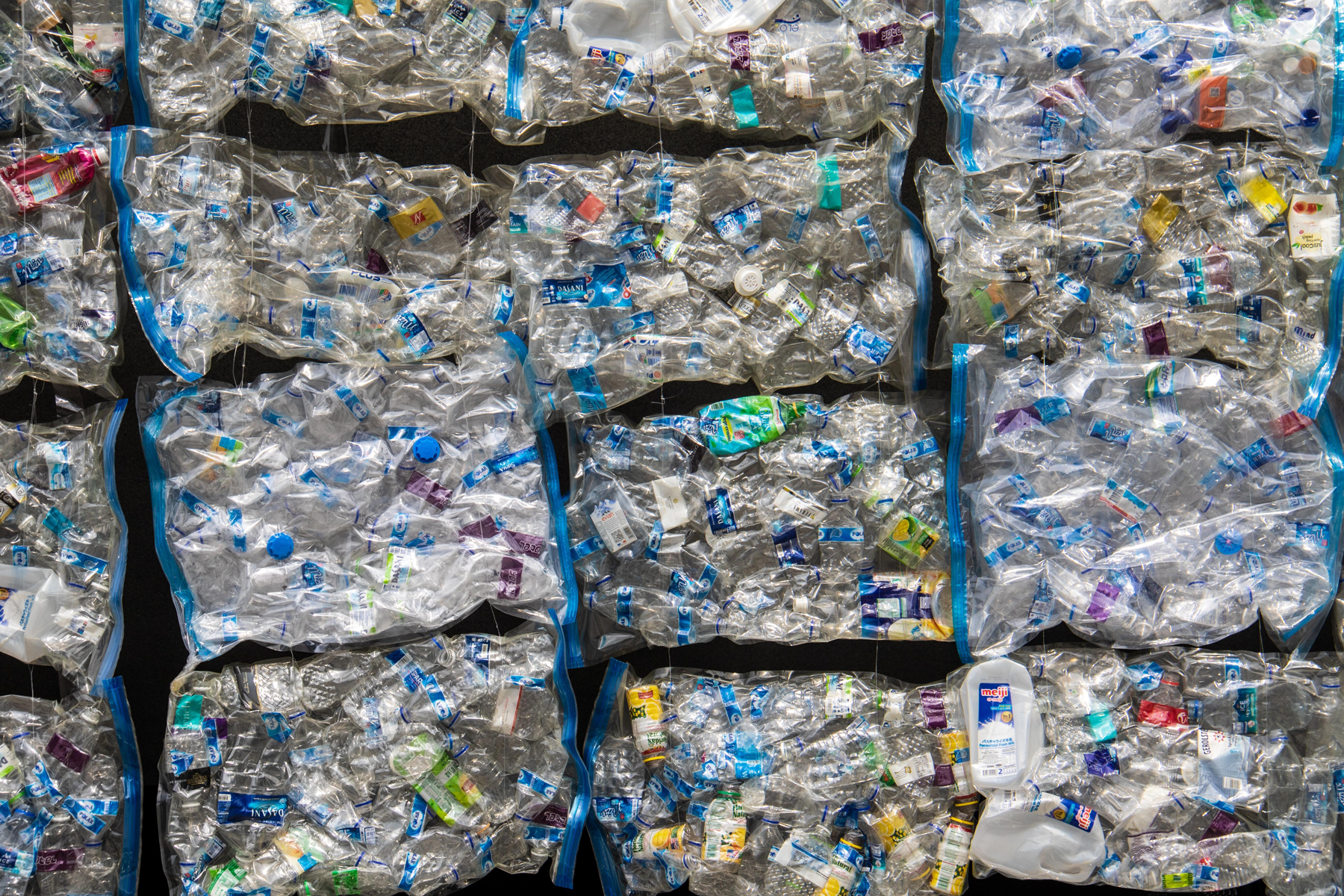Corporations are being assailed on all sides by evidence of the damage caused by their plastic packaging and products. From the yearly Break Free From Plastic Brand Audits calling out the top plastic polluters, to new studies showing that plastic entering the ocean will triple over the next 20 years, the evidence has become impossible to hide from. In reaction, many companies have signed up to Ellen MacArthur Foundation’s New Plastic Economy Global Commitment. Companies such as Coke, Pepsi, Nestle and Unilever have made voluntary commitments to eliminate unnecessary plastic and make their plastic reusable, recyclable or compostable.
Today, the Ellen MacArthur Foundation released the second annual report tracking progress towards these commitments. It’s a sorry story of distraction, delay and avoidance of the real solutions including source reduction. Companies are still focusing on more recycling of single-use plastics, despite the fact that the recycling system is clearly broken. Only 9% of all the plastic ever made has been recycled, and there is little capacity to effectively recycle much of the plastic that is placed on the market. When a company is making 200,000 bottles a minute as Coca Cola does, it’s hard to imagine a recycling system could ever keep pace. The plastics industry continues to focus on recycling because it allows them to make little change to how they do business, placing the burden on local municipalities and individuals to manage their plastic waste.
The new report highlights that companies have done very little on reuse, despite it being part of their commitment. Reuse, however, is the ultimate solution to getting rid of single-use plastic. Break Free From Plastic members around the world call on companies to work together to develop standardised reuse systems that will massively cut down on plastic waste. So far the same companies that have been identified as top global plastic polluters have conducted small scale trials on reuse, but none have taken steps towards switching their packaging to reusable systems. Until they do this, it is likely they will continue to be found to be the top global plastic polluters year after year by our Brand Audits. Look out for our 2020 report on December 2nd to find out who this year's top plastic polluters are.
A more positive change is that companies are increasingly including recycled plastic in their products instead of virgin plastic. This is an important step in the creation of a better plastic system, but it needs to be accompanied with a massive reduction in the use of plastic items to have real and long-lasting impact. Industry and government needs to ensure that plastic products can be easily recycled in the country where they are used, instead of being shipped to other countries for their end of life.
Increasing recycled plastic content will have a limited impact on the overall harm caused by plastic products, but it is an improvement on the current situation. If corporations are truly committed to improving recycling and using more recycled content, the best way for companies to have access to high quality recycled plastic is through deposit return schemes. Unfortunately, a recent investigation by BFFP member Changing Markets found that many of the signatories to the Ellen MacArthur Foundation Global Commitment are actively lobbying against laws that would bring these proven solutions in.
Studies have shown that even if existing commitments are met by companies, it will make very little difference on how much plastic ends up in the environment. If all current corporate and government commitments are fully implemented, in 20 years the plastic flowing to the oceans will have only been reduced by 7%. If companies are serious about tackling the plastic pollution they cause they must:
REVEAL how much plastic they produce
REDUCE the amount of plastic they produce and stick to clear targets
REINVENT how they deliver products to their customers, using standardised reusable and refillable packaging or simply no packaging at all.
The Break Free From Plastic movement will continue to hold companies accountable for the pollution they create, and demand change beyond weak voluntary commitments such as these. With the help of thousands of activists, we conduct Brand Audits each year to shine a spotlight on which corporations are polluting our environment the most. We need to see radical change in how products are delivered to people, without the use of harmful, polluting, petrochemical based plastic packaging.




